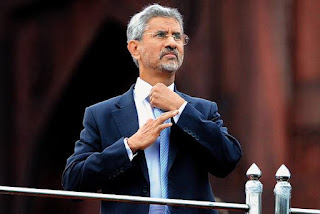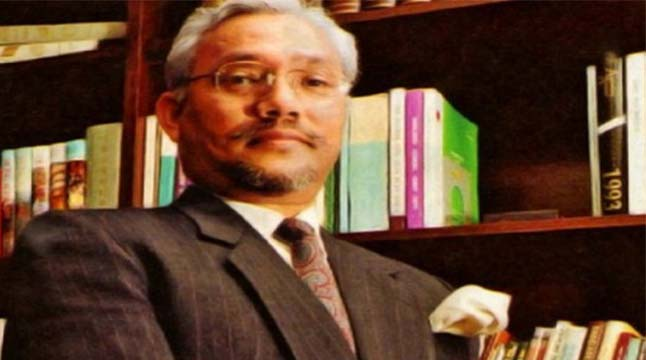India-US ties at 'all-time high, would reach the moon .....
Speaking at an event organised by the Embassy of India at the India House in Washington, DC, External Affairs Minister Dr S Jaishankar reiterated that the Modi government was committed to elevating the India-US relationship to unprecedented levels.
He said the bilateral ties were at an “all-time high” and suggested that the relationship would reach “the moon, maybe even beyond.”
The minister drew attention to the recent collaborative endeavors between India and the United States, all sharing the commonality of starting with the letter ‘I.’
These initiatives include the India-Middle East Economic corridor, I2U2 (India, Israel, US, UAE), Indo-Pacific cooperation, and the I-CET initiative. “Alphabet ‘I’ is very good for the US certainly,” he said,
Dr Jaishankar acknowledged the exceptional year that the India-US relationship had witnessed and also emphasised on the historic visits that transformed the bilateral ties over the years.
These included Rajiv Gandhi’s visit in 1985, the 2005 visit by Dr Manmohan Singh, which paved the way for the nuclear deal, and the numerous visits by Prime Minister Narendra Modi.
Jaishankar highlighted his presence at all these significant meetings and pointed out that the relationship had shifted from mere dealings to collaborative efforts.
“Our relation has reached an all-time high. Earlier India and the US used to deal with each other now they work with each other,” he stated.Stating that the success of the G20 could not have happened without the support of the US.
“I think particularly, I must say, because I’m in this country today, the contribution, the support and the understanding that we got from the United States to make a successful G20, I think that is something I would certainly like to recognise in public in Washington DC.”
The External Affairs Minister also presented data illustrating the remarkable growth of the Indian-American community, from 3,000 in 1949 when Pt Nehru visited the US, to over 5 million today.
He stressed that the human bond between India and the United States is the “defining characteristic of their relationship”, with the diaspora playing a commendable role in strengthening these ties.
“When Nehru came to the US in 1949, there were 3,000 Indian Americans, when Indira Gandhi came in 1966, there were 30,000 Indian Americans, when Rajiv Gandhi came here in 1985 there were 3,00,000 Indian Americans, when PM Modi came there were more than 3 million Indian Americans and it’s grown to almost 5 million.
If there is something unique about our relationship is the human bond that we have. Role, responsbility and the commitment of the diaspora to the India-US relationship is commendable,” the minister said.























